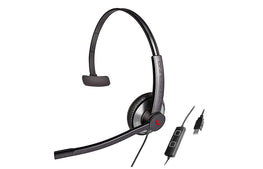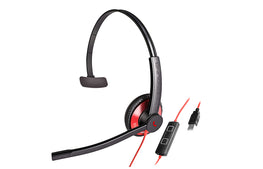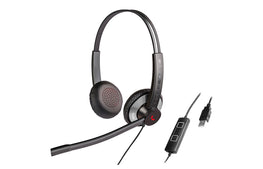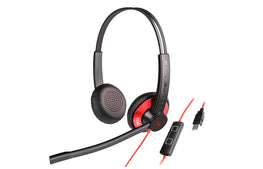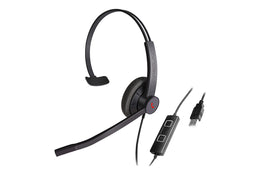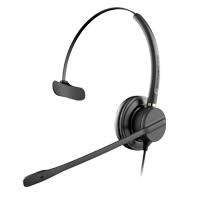
Helping psychologists improve patient relationships with Dragon Medical
Talk to a psychologist about the biggest challenges in their job, and you will likely hear about the importance of building a safe and nurturing relationship with patients, and maintaining that connection. A good psychologist must be able to bring their patients to a level where they are willing to open up about their internal struggles, which can be a delicate, drawn-out process.
A huge part of that relationship involves building trust between the psychologist and patient. To forge that bond, it's important to remove any potential barriers, both figuratively and literally. While most, if not all, psychologists employ some form of note-taking system in their sessions, Psychology Today sees the use of a physical notepad as a hindrance to developing the relationship.
Speaking about the divisive issue of in-session notes, Psychology Today's Glen Gabbard believes that "note taking during a psychotherapy session may interfere with the development of rapport and empathy […] These notes, however, are best done after the session before the next patient arrives or later in the day".
Embracing technology in psychology
Unlike many sectors of medicine, the practice of psychology requires very few tools – indeed, you might think technological innovation has little impact on the field. Away from the actual work of patient care however, the American Psychological Association (APA) believes there is scope for practitioners to introduce new technology into their work day.
Should a psychologist hope to break down the barriers between themselves and their patients by freeing themselves of physical note-taking methods, voice recognition technology like Dragon Medical Practice Edition 3 can be of enormous benefit. The high level of accuracy and specific medical vocabulary allow for smooth, rapid dictation, potentially eliminating the need for pen and paper altogether.
Increasing collaboration and awareness
Through social media, telehealth and eHealth records, Sara Martin of the APA believes there are opportunities to increase public awareness about psychology. Martin also stresses the importance of collaboration between health professionals, something which can be made easier with the implementation of voice recognition note-taking software such as Dragon Medical 3.
Speaking to the APA, psychologist Melba Vasquez notes that learning the record-keeping culture of a workplace is vital. Standardising the format of patient and administrative notes can make collaborating with others psychologists much more efficient.
Featuring improved flexibility across a range of medical record applications, Dragon Medical 3 can eliminate any frustrations involved in sharing notes with colleagues. Coupled with support for Gmail, Outlook and Office, the communication of patient records can also be streamlined, should referrals be required.
The post Helping psychologists improve patient relationships with Dragon Medical appeared first on Speech Recognition Blog.

